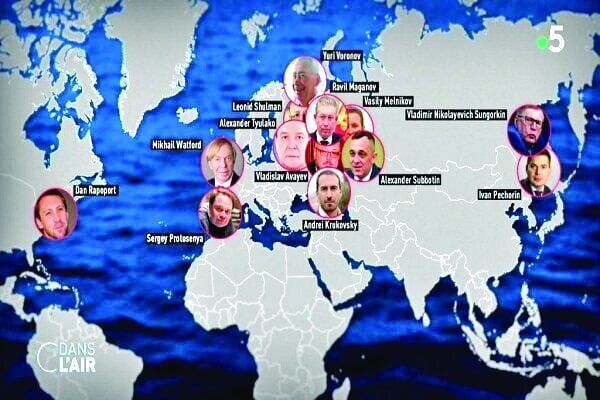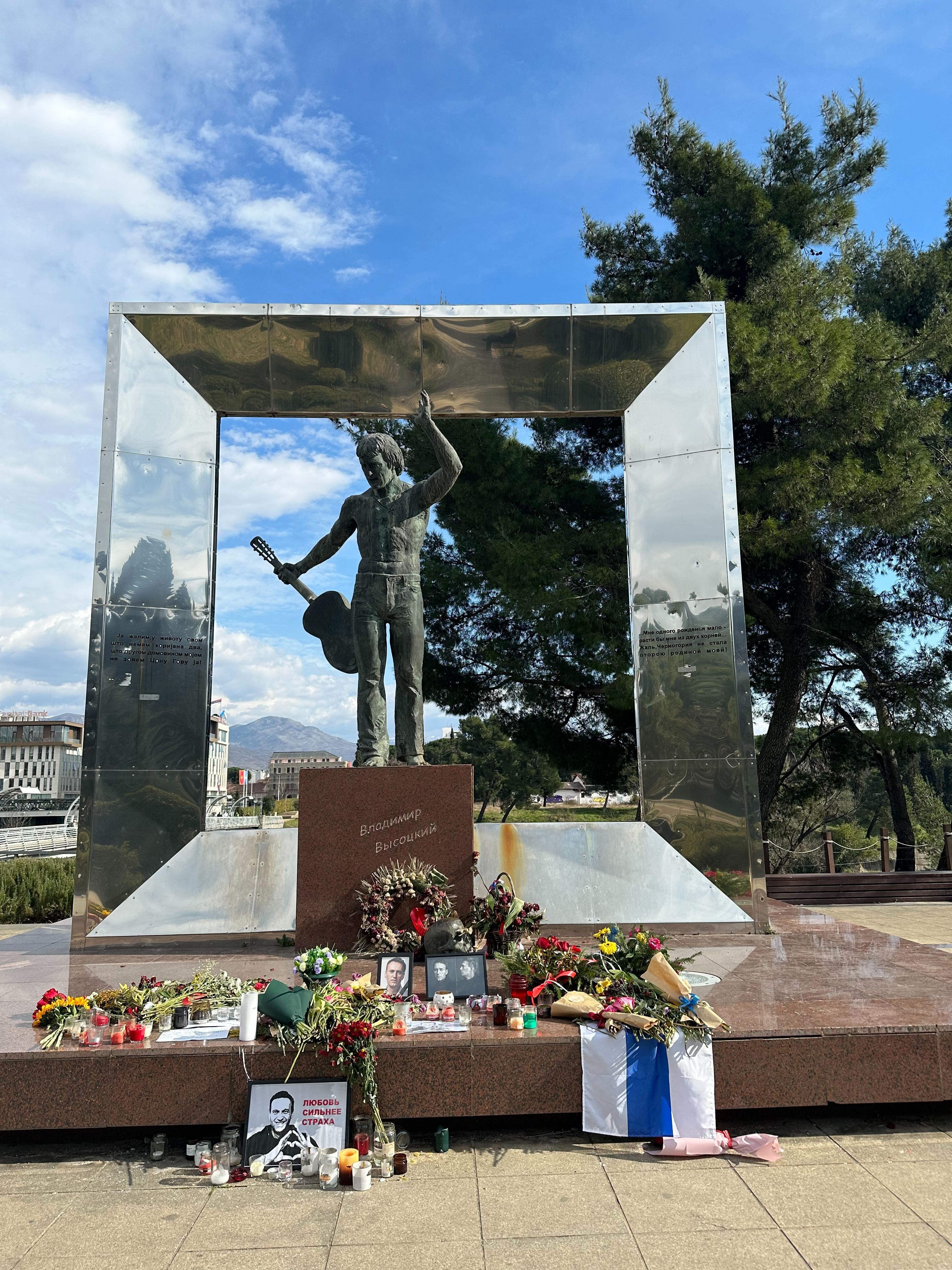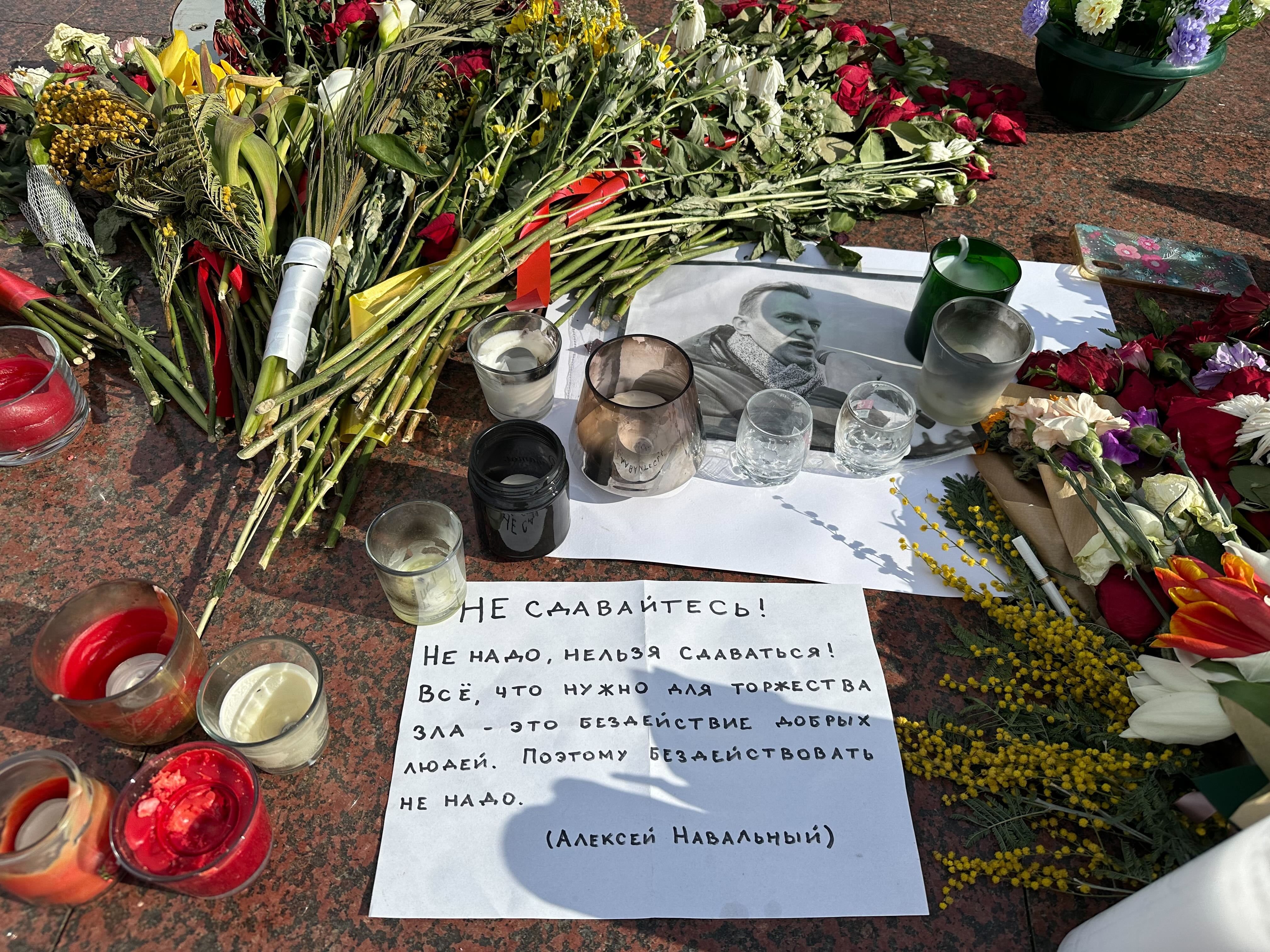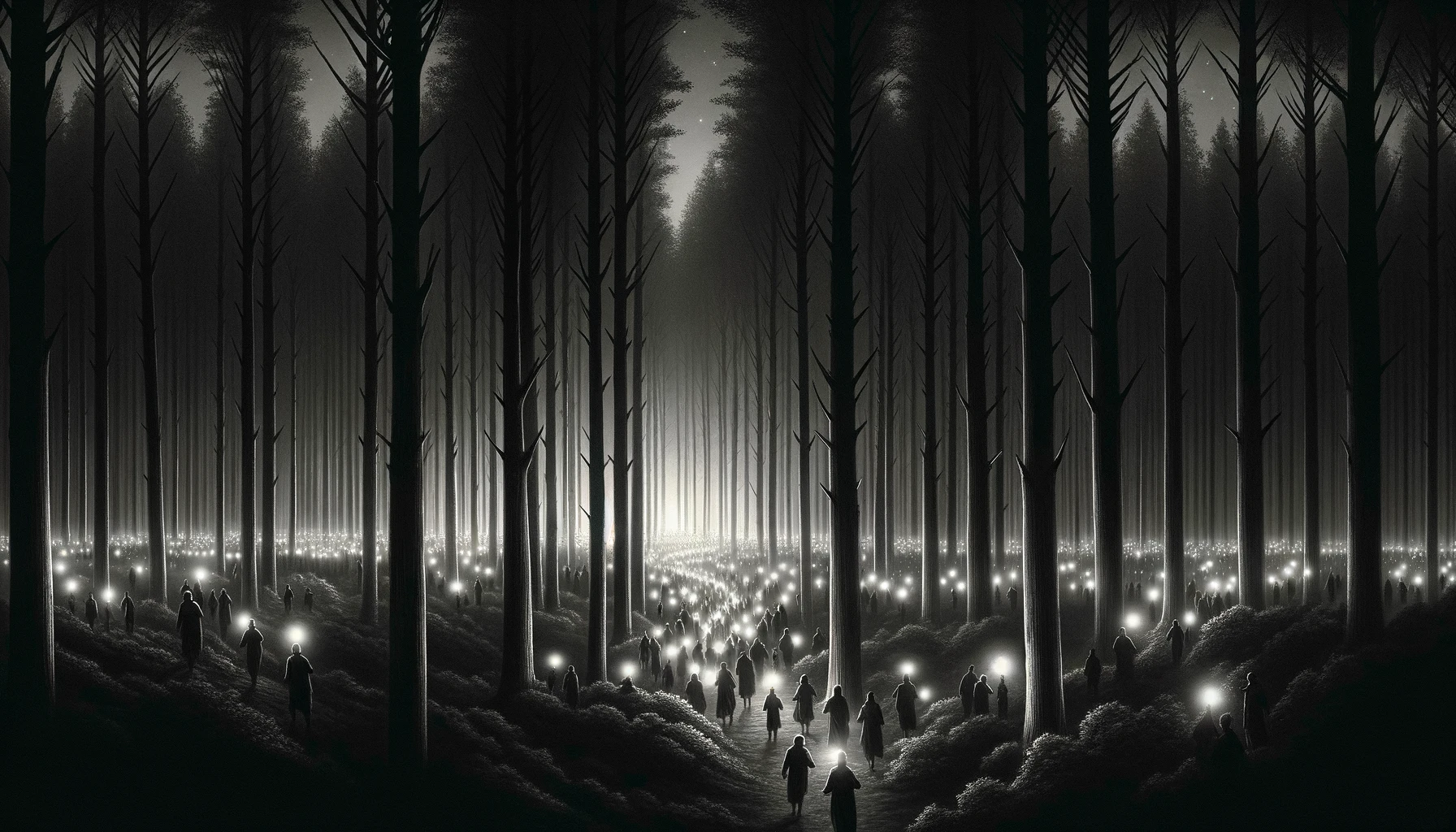The death of the Russian opposition leader Alexei Navalny reverberated around the world. Navalny was the most outspoken critic of Putin’s regime and a political prisoner in Russia. He served his sentence on charges of extremism in the Polar Wolf prison, one of the harshest Russian prisons in western Siberia. The circumstances surrounding Navalny’s death are, at the very least, suspicious, and the information provided by Russian authorities is very scant. Indeed, Navalny’s death has served the Kremlin authorities to project the monolithic nature of the regime domestically through the media, while also reminding the West that the principles of liberal democracy do not apply in Putin’s Russia.
Navalny stood out in his fight against the Kremlin as early as 2007, when he purchased shares in the largest state-owned oil companies to find evidence of corruption. Several years later, he founded the Anti-Corruption Foundation and, together with his supporters, exposed the vast wealth of the Russian elite. After United Russia, Putin’s party, won the parliamentary elections in 2012, he initiated and led large protests. In September 2023, he ran for mayor of Moscow but lost to the Kremlin-backed candidate. He became prominent again when he was banned from running in the presidential elections in 2017 due to being convicted of embezzlement, after which Putin was elected president for the fourth time, despite protests and boycotts. The event that brought him into the public spotlight was the Novichok poisoning in 2020 on a flight from Siberia. At that time, the plane made an emergency landing in Omsk, where he received medical assistance, and further treatment in Germany confirmed that he was poisoned with that nerve agent. Later, Navalny, along with the Bellingcat analyst Christo Grozev, uncovered details of his poisoning in a conversation with Konstatin Kudryavstev. He prompted a Russian agent to admit that the nerve agent was used on his clothes during his stay at a hotel in Siberia. The video recording of the conversation had over 200,000 views on YouTube. Immediately upon his return to Russia, he was arrested, and legal proceedings were taken against him for embezzlement, extremism, and terrorism.
Navalny’s body was handed over to the family after a full eight days, upon his mother’s insistence. The former lawyer of Navalny, who waited with his mother outside the prison gates, was arrested for disturbing public order. Three more lawyers who represented Navalny have been in custody since October 2023 on charges of extremism. On initial inquiries about the cause of death, Russian investigators stated that he died from sudden death syndrome, thus, putting him on the long list of those who have crossed Putin and died with the same medical explanation.
The first case of sudden death occurred in January 2022 when Leonid Shulman, sixty-year-old head of the transport service at Gazprom Invest, was found dead in a bathroom of a summer house near Saint Petersburg, with a note complaining of pain in his broken leg.
Alexander Tulyakov, assistant director of corporate security at the Unified Settlement Center of Gazprom, was found dead on February 25, 2022, the morning after Russia attacked Ukraine, in a garage with a message the contents of which were marked confidential. Novaya Gazeta reported that he committed suicide.
Shortly thereafter, on February 28, 2022, the body of Mikhail Watford, a Russian magnate of Ukrainian descent, was found. According to British media, he feared being on Putin’s blacklist during the last two years. The police described his death as unexplained.
Russian billionaire Vasily Melnikov, owner of the medical company MedStorm, was found dead in his apartment in Nizhny Novgorod on March 24, 2023. Besides his body, the bodies of his wife and two sons were found in the apartment as well.
In Spain, former director of a leading liquid gas production company, Sergei Protosenya, was found hanged on April 29, 2022, with the bodies of his wife and daughter stabbed next to him. His son, who was not in Spain at the time, claims that his family was murdered and that his father is not a killer, even though evidence suggested that Protosenya killed his wife and daughter.
According to investigators, Dimitry Pavochek, who worked with Lukoil and Roscosmos, reportedly fell asleep with an unextinguished cigarette and burned to death.
Ivan Pechorin, director of the aviation industry for Far East and Artic Development Corporation, allegedly fell from a boat and drowned in the Sea of Japan.
Ivan Pechorin, director of the aviation industry for Far East and Artic Development Corporation, allegedly fell from a boat and drowned in the Sea of Japan.
Pavel Antov, founder of a meat processing company and former official of the Vladimir Oblast, fell from a window of the Sai International Hotel in India on December 24, 2022. He previously sent messages criticizing the Russian invasion of Ukraine, which he later denied.
Two days prior, his friend Vladimir Bidenov, who was with him in India, also passed away.
Danil Rapaport, a Latvian-American investor, outspoken critic of Putin, and supporter of the Russian opposition, fell from a building in Washington. Before that, he fled from Russia.
The event that reverberated throughout the global media scene was the plane crash involving, among others, Yevgeny Prigozhin, the leader of the Russian private military company Wagner. The role he had as one of Putin’s close associates took an unexpected turn when he with his private army resisted and set out for Moscow and the Kremlin. Shortly thereafter, the plane crash occurred.

Although Russian oligarchs don’t have official ties to the Kremlin and the country’s political leadership, shortly before the crisis in Ukraine began, there was a series of suspicious deaths (labeled by the media as sudden death syndrome – falls from windows, suicides) in Russia and other counties around the world, and these are just some of the numerous examples. What connects these deaths is the fact that all victims were capitalists, oligarchs, and powerful figures of the Russian elite in the country who in some way opposed Putin or resisted him. Many Russian oligarchs and millionaires were colleagues of Putin himself – they worked together in the Soviet intelligence agency KGB. Some of the new rich individuals were members of the military intelligence agency GRU, while others worked in the so-called Fourth Department of the Ministry of Foreign Affairs, which was responsible for counterintelligence operations in Soviet embassies worldwide.
The death of Navalny is not a unique case among Russian opposition figures and opponents of the Russian system. Before him, Anna Politkovska, Boris Nemtsov, Sergei Magnitsky, and Alexander Litvinenko were killed. Immediately after the news of Navalny’s death, citizens took to the streets and protested massively, with over 430 people being arrested in 21 cities in the first three days following Navalny’s death. While the official Kremlin dismissed allegations of political assassination, diplomatic pressure on Moscow was mounting. The European Union strongly condemned the death of the Russian opposition leader, not even questioning the cause of Navalny’s death, but directly blaming Putin and the Russian authorities. The United States has imposed new sanctions against Russia, both for Navalny’s death and for the second anniversary of the ongoing war in Ukraine.
A part of the Russian community living in Montenegro gathered in Budva, Podgorica, Bar, and Herceg Novi to pay tribute to the deceased opposition leader. In the context of aggression against Ukraine and the immense efforts in the information sphere by the Russian Federation to suppress any form of critical observation of the war, it is significant that part of the Russian diaspora in Montenegro shows resilience to hybrid actions from the home country. Additionally, this segment of the Russian community participated in rallies supporting Ukraine in Cetinje, which was not sufficiently covered and portrayed in the media.
On the other hand, Russian proxy actors from positions of power at the state or local level use every opportunity during the commemoration of municipality days or the organization of cultural and artistic events to host the Russian ambassador in Montenegro and enable him to break out of the diplomatic blockade.



